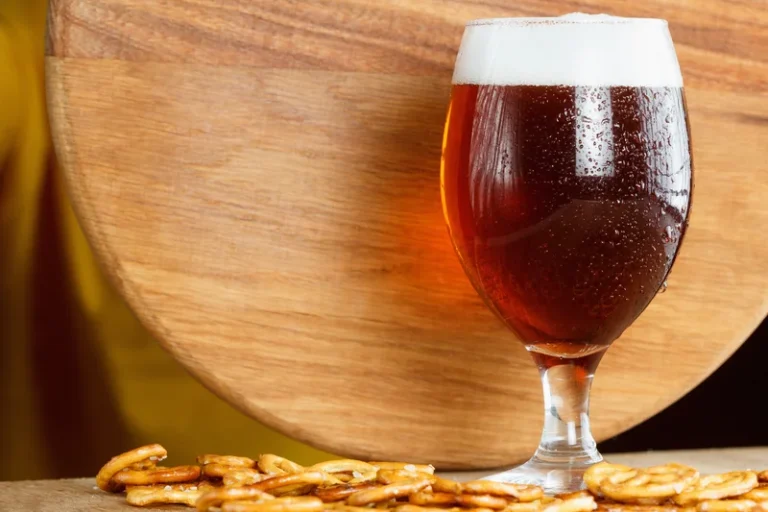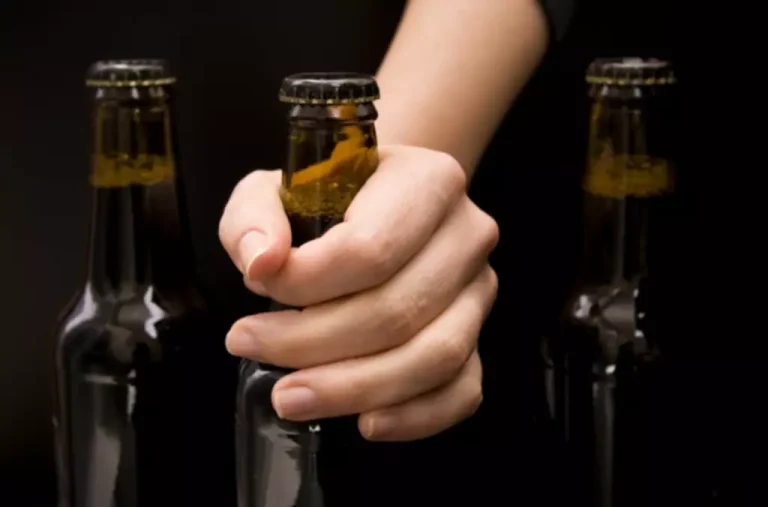Drugs psychoactive: Cannabidiol compound of cannabis

Those who took a 300 mg dose of CBD saw significantly reduced social anxiety scores before, during, and after public speaking. Clonazepam reduced blood pressure or heart rate, but CBD had no physical effects. In 2018, the Food and Drug Administration (FDA) approved Epidiolex, the first pure-CBD anti-seizure treatment. The FDA approved Epidiolex for treating rare forms of epilepsy, including Dravet syndrome and Lennox-Gastuaut syndrome.
Included animal studies
In June 2018, the Food and Drug Administration (FDA) approved the prescription use of Epidiolex, a purified form of CBD oil, for treating two types of epilepsy. Cannabinoids https://ecosoberhouse.com/ are found in the cannabis plant and are produced naturally by the human body. We have an endocannabinoid system (ECS) that internally produces cannabinoids.
International Patients
Some studies suggest that CBD might help people with opioid addiction by reducing cravings and withdrawal symptoms. Additionally, studies show that pure CBD has no known psychoactive effect in its pure is cannabidiol addictive form and is considered to be safe and non-intoxicating. It’s important to distinguish between CBD and THC when considering the potential effects of using products derived from the cannabis plant.

Who Should Avoid Using CBD
- CBD (40 mg/kg; i.p.) treatment normalized signs of disturbance of spontaneous cocaine withdrawal (15 mg/kg/day at day one and rising to 60 mg/kg/day at day 11 for three times a day), including motor and somatic signs.
- The goal of this systematic review is to summarize the available preclinical and clinical data on the impact of CBD on addictive behaviors.
- Also, another publication showed that CBD (5 and 10 mg/kg, i.p.) did not attenuate the motivation to self-administer cocaine (breaking point) nor the cue-induced cocaine seeking in rats after a withdrawal period (Mahmud et al., 2017).
- Studies have shown promising results in using CBD to help manage cravings and reduce drug-seeking behaviors, making it an area of interest for further exploration.
- The effects of CBD were examined during the maintenance and extinction phases of SA and during cue-induced reinstatement.
However, it’s crucial to consult with a healthcare professional before starting any new supplement, especially if you’re taking other medications. Keep in mind that individual responses to CBD may differ, so it’s essential to monitor how your body reacts and adjust the dosage accordingly. Some common side effects of CBD may include dry mouth, low blood pressure, lightheadedness, and drowsiness. It is important to consult with a healthcare professional before using CBD, especially if you are pregnant or breastfeeding, have liver disease, or are taking medication that could interact with CBD. While such issues can be managed when taking a prescribed medication under doctor supervision, self-administered CBD could potentially have the same harmful effects, particularly since it can be difficult to determine how much CBD many products actually contain.

In the wake of growing medical and public interest in medical cannabis and cannabinoids, we aimed to evaluate current knowledge of CBD’s AEs and toxicities by the relevant scientific literature from preclinical and clinical studies. Clinicians should be aware of CBD AEs and potential drug-drug interactions prior to recommending off-label CBD. Cannabidiol (CBD or 2-[(6R)-6-isopropenyl-3-methyl-2-cyclohexen-1-yl]-5-pentyl-1,3-benzene-diol) was identified in an extract of Minnesota wild hemp by Adams et al. at the University of Illinois in 1940 [7], but its structure was not fully elucidated until 1963 [8].

- While the preliminary research is promising, more is needed to confirm results.
- In all, 14 studies were found, 9 of which were conducted on animals and the remaining 5 on humans.
Now that Epidiolex® is approved, it is likely that off-label prescriptions will increase. It is important that physicians and patients understand that CBD, like any other medication, is not appropriate for every individual and every disease and that it has side effects that are not negligible and must be considered prior to use. Following exposure to μM CBD, in vitro P-glycoprotein activity was reduced in human T lymphoblastoid leukemia cells [109]. In addition, ABCC1 transporter was inhibited in human ovarian carcinoma cells with a CBD IC50 of 128.3 μM [110].

Smoking is another SUD in which clinical studies were predominantly conducted to evaluate CBD actions. Nevertheless, more information is required to accurately assess the therapeutic role that CBD could have in smoking cessation. Psychedelics have shown promising effects in several psychiatric diseases as demonstrated by multiple clinical trials. However, no clinical experiments on patients with schizophrenia have been conducted up to date, except for some old semi-anecdotal studies mainly performed in the time-span ‘50s-‘60s.

While the preliminary research is promising, more is needed to confirm results. The men who took 300 milligrams (mg) of CBD oil reported less anxiety than the men who were given a placebo; however, the men who took 100 or 600 mg of CBD oil did not experience the same effects. This trial was limited by a small sample size and only enrolled men, so more data is needed to see if CBD has a similar impact on women.
